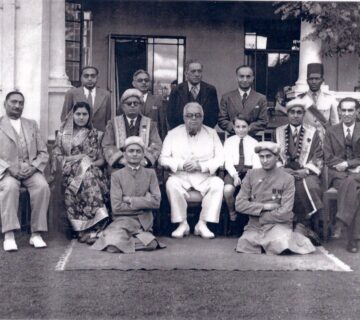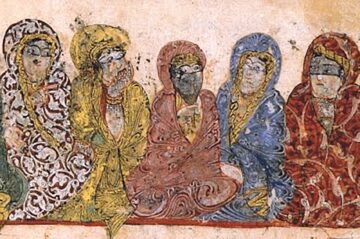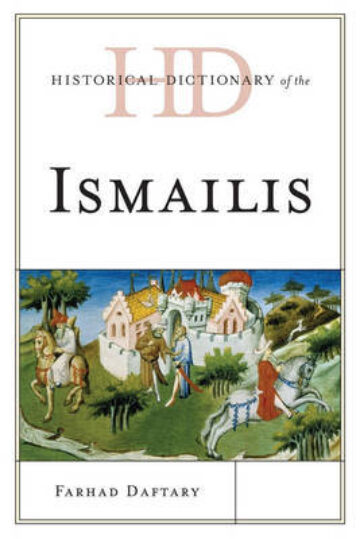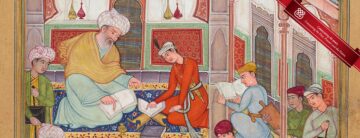Keywords: Ismaili Studies, Islamic Studies, Ismailiyya, IsmailisAdherents of a branch of Shi’i Islam that considers Ismail, the eldest son of the Shi’i Imam Jaʿfar al-Ṣādiq (d. 765), as his successor., Heresiography, Assassins, Assassin Legends, Shi’i Studies, Historiography, History, NizarisAdherents of a branch of the Ismailis who gave allegiance to Nizar, the eldest son of the Fatimid Imam-caliph al-Mustansir (d. 1094) as his successor..
Abstract: In the course of their long and complex history dating to the formative period of Islam, the Ismailis have often been accused of various heretical teachings and practices and a multitude of myths and misconceptions circulated about them. This is mainly because the Ismailis were, until the middle of the 20th century, studied and evaluated almost exclusively on the basis of the evidence collected or often fabricated by their enemies. It was only from the mid-20th century onwards that studies based on Ismaili sources came to dominate the field, leading to a much less biased understanding of the Ismailiyya.
Author

Dr Farhad Daftary
Co-Director and Head of the Department of Academic Research and Publications
An authority in Shi’i studies, with special reference to its Ismaili tradition, Dr. Daftary has published and lectured widely in these fields of Islamic studies. In 2011 a Festschrift entitled Fortresses of the Intellect was produced to honour Dr. Daftary by a number of his colleagues and peers.







